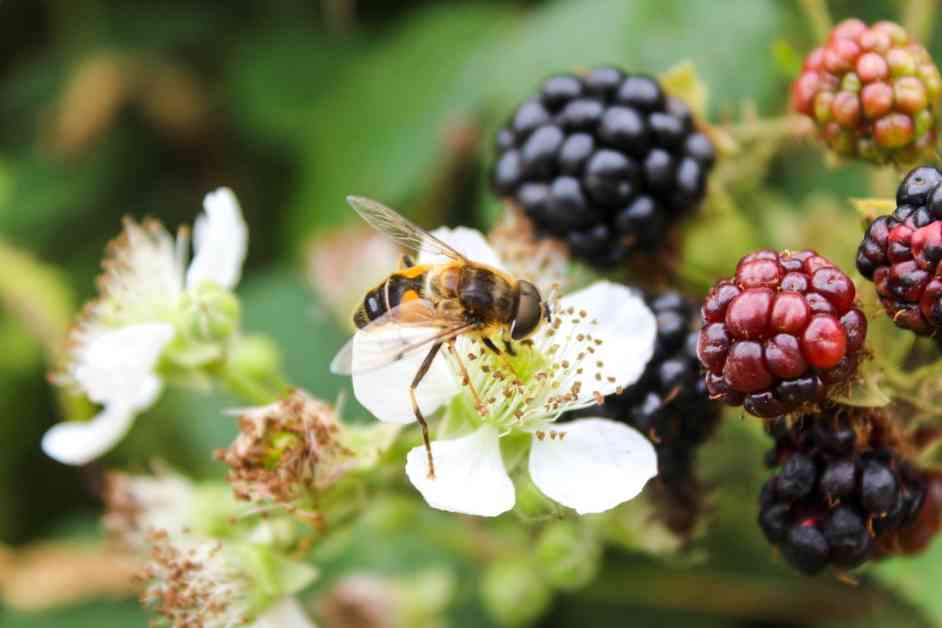UK Farming to Reduce Pesticide Use by 10% by 2030
In a recent announcement, the UK government unveiled plans to decrease pesticide use in farming by 10% by 2030. This marks a significant step forward in environmental conservation efforts and sustainable agricultural practices. The initiative aims to minimize harm to pollinators, enhance agricultural productivity, and promote the adoption of more eco-friendly farming methods across the country.
The First Step Towards a Greener Future
The introduction of the pesticide national action plan (NAP) signifies a pivotal moment in the UK’s commitment to protecting the environment while fostering economic growth. Environment Minister Emma Hardy emphasized the importance of restoring the natural world through the ban on bee-killing pesticides and the implementation of sustainable farming practices. The decision to reduce pesticide use by 10% by 2030 reflects a proactive approach to mitigating environmental risks associated with agriculture.
Embracing Sustainable Solutions
The pesticide NAP outlines a strategic framework to reduce the environmental impact of pesticides without compromising agricultural productivity. The government plans to implement a Pesticide Load Indicator to monitor progress and ensure accountability. By prioritizing integrated pest management practices, farmers will be encouraged to adopt nature-based solutions such as crop rotation, mechanical weeding, and the introduction of natural predators to control pests. These sustainable farming practices aim to minimize reliance on chemical pesticides and promote biodiversity on farms.
A Call for Greater Collaboration and Enforcement
The NAP emphasizes the importance of providing training, guidance materials, and robust enforcement mechanisms to support farmers in transitioning to sustainable agricultural practices. While some stakeholders have expressed a desire for a more ambitious target, the 10% reduction goal signals a significant commitment to reducing pesticide-related harm to the environment. The government’s focus on both the volume and toxicity of pesticides used underscores a holistic approach to environmental conservation.
Navigating Challenges and Limitations
Despite the positive strides made by the NAP, there are concerns about the exclusion of urban pesticide use from the action plan. Critics argue that addressing pesticide use in urban areas is essential to safeguarding public health, wildlife, and ecosystems. Calls for the phased reduction of pesticide and herbicide use in urban parks and streets highlight the need for comprehensive strategies to protect vulnerable populations from harmful chemicals.
Looking Towards a Greener Tomorrow
While the UK’s efforts to reduce pesticide use are commendable, there is room for improvement to align with international commitments and best practices. The European Union’s ambitious target to reduce hazardous pesticide use by 50% as part of the Farm to Fork Strategy sets a high bar for environmental stewardship. As the UK navigates its path towards a more sustainable agricultural future, stakeholders must remain vigilant in advocating for stricter regulations and bolder targets to address pesticide-related risks.
An Advocate for Sustainability
Paige, a dedicated writer based in Los Angeles, is passionate about sustainability and environmental conservation. Her commitment to promoting eco-friendly practices and raising awareness about pressing environmental issues underscores the importance of individual action in safeguarding our planet. Through her work, Paige inspires readers to embrace sustainability and make a positive impact on the world around them.














